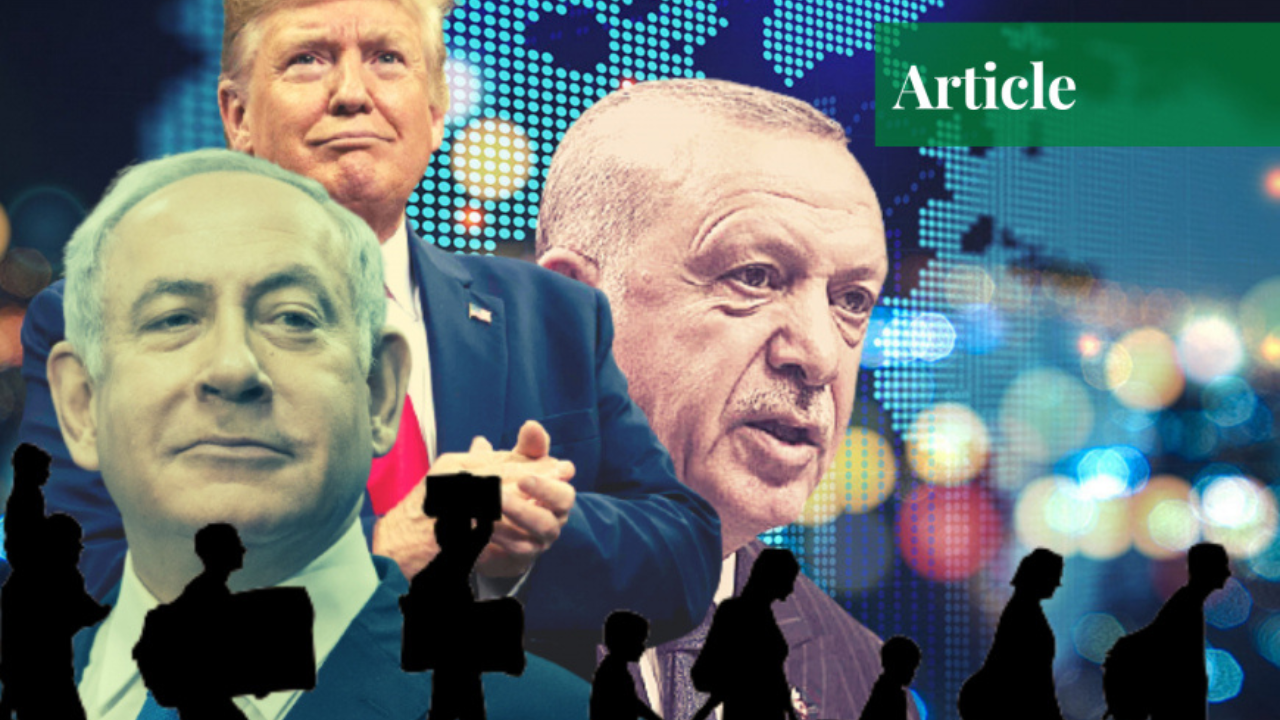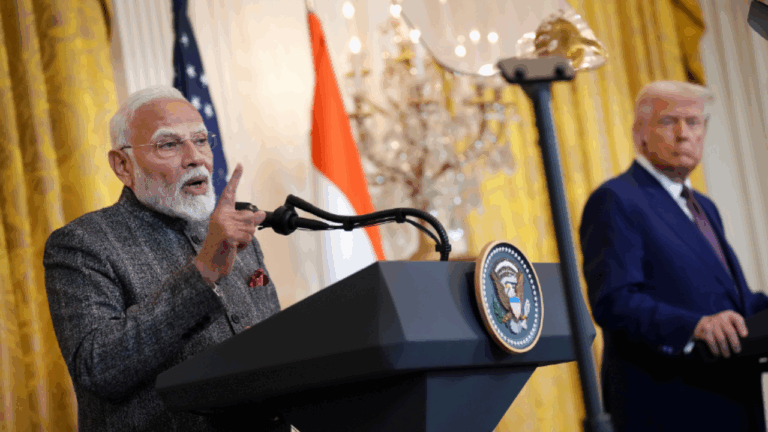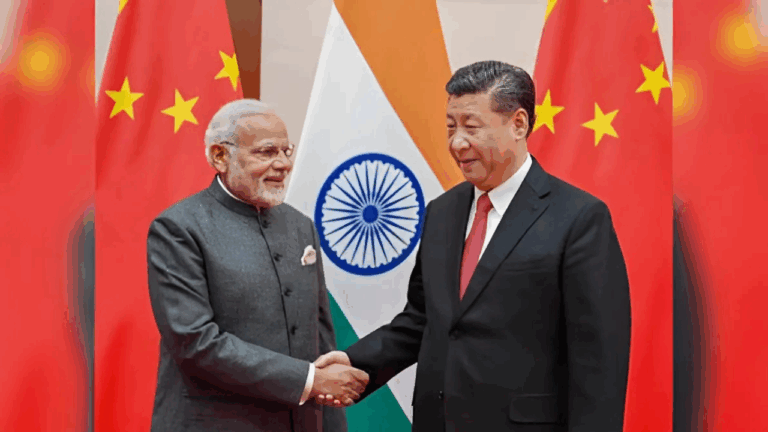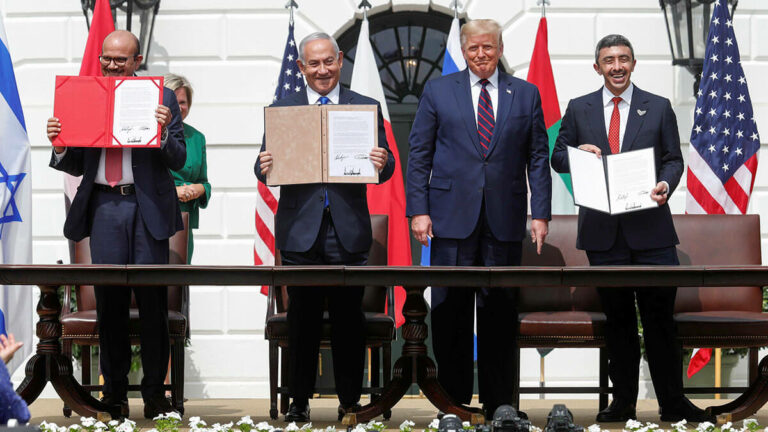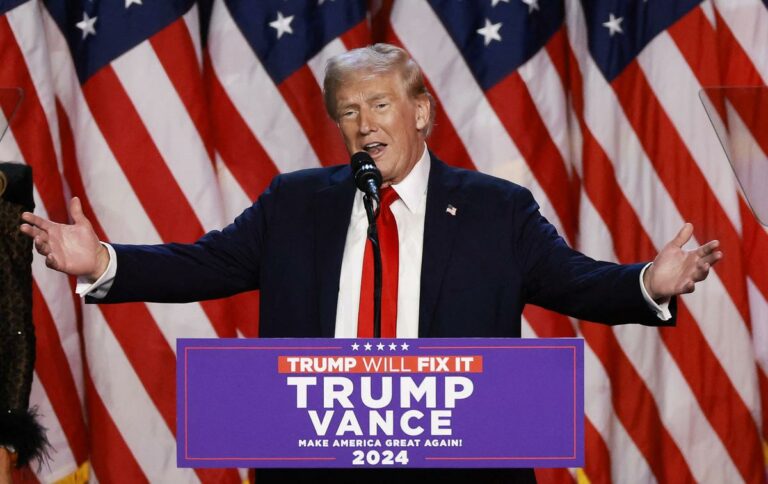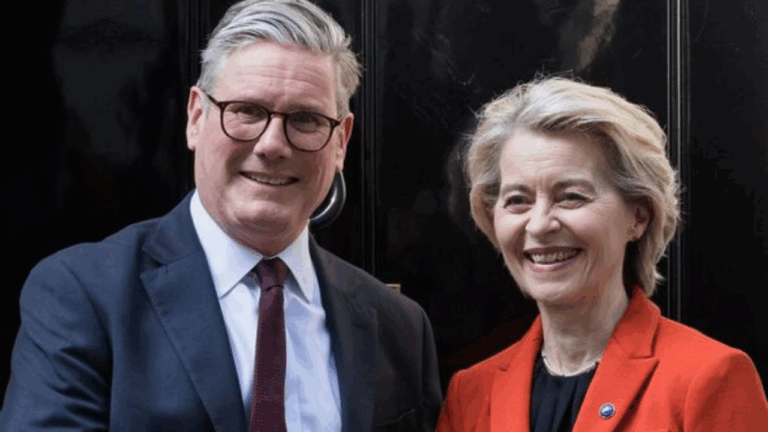Rise of Populism: A Global Phenomenon?
In the last few years, politics has changed a lot — not just in India, but across the world. Leaders are now speaking more directly to people, promising quick action, and blaming traditional politicians for the problems we face. This new trend is called populism.
But what exactly is populism? Why is it becoming so popular? And how does it impact everyday people and politics in India?
Let’s break it down in simple words for our readers at AP News.
What is Populism?
Populism is when leaders say they are speaking for the “common man” — the regular people — and are fighting against the “elite” or the powerful class. Populist leaders often promise to fix everything fast and say that other politicians are the reason behind the nation’s problems.
They use bold words, quick promises, and emotional speeches that connect with people’s anger or frustration.
Populism Around the World
Populism is not just in India — it’s happening all over the world:
United States
Leaders like Donald Trump rose to power by talking directly to people, blaming elites and outsiders for job losses and problems.
Europe
Countries like Italy, Hungary, and France have seen political parties winning votes by talking about immigration, rising prices, and national pride.
South America
In countries like Brazil and Argentina, people are supporting leaders who say they will end corruption and help the poor directly — often by giving subsidies and cash benefits.
Populism is growing fast because many people feel left out by regular politics. They want someone who listens, acts fast, and gives hope.
Role of Social Media in Populism
Populist leaders are smart about using social media like Facebook, X (Twitter), and WhatsApp.
They don’t wait for news channels or newspapers. They post videos, reels, and messages directly to people’s phones. This helps them connect faster and more emotionally.
But there’s a problem: misinformation also spreads fast. Fake news, edited videos, and wrong claims become viral, and this can create confusion or even hate between communities.
🇮🇳 Populism in Indian Politics
In India, populism has always played a role in elections.
Political parties often offer:
- Free electricity or water
- Subsidized LPG gas or ration
- Direct cash transfer schemes
- Farm loan waivers
- Jobs or smartphones for youth
These moves are popular and help parties win votes. But they can also affect the country’s economy in the long run.
For example, if too much money goes into freebies, there may not be enough left for health, education, or infrastructure.
Is Populism Good or Bad?
Populism is not always bad. It helps bring attention to the struggles of common people. It gives a voice to those who are usually ignored. It can also bring political change quickly.
But if populism focuses only on blame, anger, or short-term gifts, then it becomes risky. It may weaken democratic institutions, reduce trust in experts, and divide people.
The Risk of Overpromising
One big issue with populism is when leaders make promises they can’t fulfill. Free things may help in the short term but may lead to:
- Budget deficit
- Inflation
- Less investment in long-term projects
Leaders must balance between helping people and keeping the economy stable.
Final Words from AP News
Populism is changing politics everywhere — in India and across the world. It’s powerful because it speaks to real problems. But like all powerful tools, it must be used wisely.
As citizens, it’s important to ask questions, read facts, and stay alert. Leaders may promise a lot, but we must also think about the future, not just the next election.
Stay updated with the latest political insights, only on AP News.

